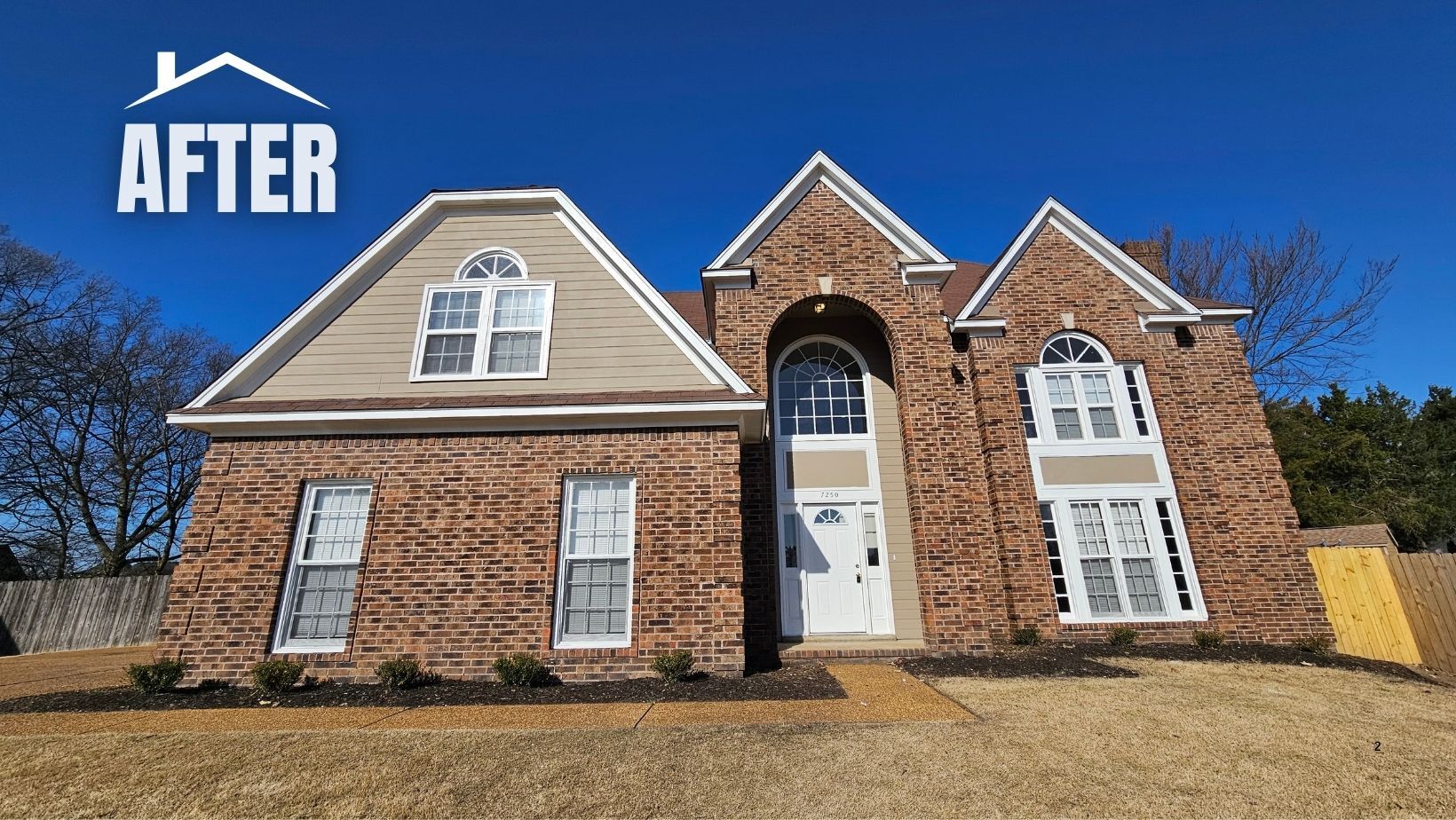
Early retirement. The prize many real estate investors have their eyes on. If they can generate enough passive income to make up for an active career, they’ve made it.
…Right?
Achieving an early retirement is an incredible feat. You should be beyond proud of the accomplishment! But it doesn’t mean your work – at least as an investor – is done. Once a passive real estate investor achieves early retirement, the focus should shift from aggressive accumulation to preserving wealth, optimizing cash flow, and maintaining a sustainable lifestyle that keeps you secure and in control.
You still have a job to do, though it might look a little different. Here’s what you need to know to stay engaged and proactive in your wealth management journey!
5 Focus Areas of Wealth Management for Retired Investors
Area #1 – Asset Protection & Risk Management
First, investors ought to work to secure everything they’ve worked so hard for. Risk management was undoubtedly already part of your strategy, but it’s much more important when you no longer have career income.
- Diversification – Ensure your portfolio is not overly concentrated in one market or asset type. Consider spreading investments across multiple cities or states. You want to continue to grow and diversify your portfolio, even if acquisitions are no longer your main focus.
- Liability Protection – Use LLCs or trusts to shield assets from lawsuits.
- Adequate Insurance – Maintain substantial property, umbrella, and liability insurance to protect against the unexpected. Adjust your policy as properties appreciate or additional risks become apparent.
- Quality Property Management – Rely on professional property management to keep your assets in tip-top condition, reduce resident turnover, and address problems before they start.
Area #2 – Cash Flow Optimization
Ideally, cash flow optimization has been an ongoing process. Investors should make the most of what they have versus focusing on pure accumulation. Real estate investment often involves leverage, so you want to carefully handle your debt-to-income ratio.
- Debt Management – Pay down high-interest or adjustable-rate mortgages to increase net cash flow.
- Expense Reduction – Continuously optimize property management costs, insurance premiums, and maintenance expenses. But beware: some corners are not worth cutting. Pay the premium if it adds value to your investments and experience.
- Strategic Refinancing – If interest rates drop, consider refinancing to lower payments and improve cash flow.
- Rental Increases – Keep rents competitive and aligned with the market while balancing resident retention. Your management team can help!
Area #3 – Passive Investment Maintenance
Even passive, retired investors must remain engaged in their portfolio growth and performance. There are some key “maintenance” tasks for you to do!
- Property Management Oversight – Even with a property manager, regularly evaluate financial reports, maintenance requests, and occupancy rates. Stay abreast of all the details!
- Capital Expenditure Planning – Budget and squirrel away funds for major (expected) repairs (such as roof or HVAC) to avoid being caught with your fiscal pants down.
- Market Monitoring – Keep an eye on real estate cycles and consider selling underperforming properties or reinvesting in stronger markets. Continue to do the research you did when you were actively scaling.
- Retention Strategies – Keeping quality residences reduces vacancy and turnover costs. Provide responsive maintenance, hire savvy managers, and incentivize lease renewals.
Area #4 – Wealth & Tax Efficiency
Zoom out. Are you preparing for the future? Are you efficiently managing your assets…and their tax implications?
- Tax Optimization – Leverage depreciation, cost segregation, 1031 exchanges, and self-directed retirement accounts (like a Solo 401k or SDIRA) to reduce tax liability.
- Estate Planning – Set up wills, trusts, and succession plans to ensure assets transfer smoothly to heirs. The last thing you want for your heirs is to be stuck in probate!
Further Reading: How to Seamlessly Integrate Investment Properties into Estate Planning
Area #5 – Lifestyle & Legacy Planning
Your last area of consideration for early retirement is maintaining and stewarding assets and desired lifestyle until it’s time to pass it all on to your children/heirs.
- Minimal Active Involvement – Focus on properties and strategies that require little day-to-day management. If you’re a turnkey investor, you’ve been doing this from the beginning! Either way, consider the tasks you may not be able to keep up with as you age and how you can delegate.
- Philanthropy & Giving – If you’re financially secure, explore charitable giving, such as donating to a cause you're passionate about, setting up a donor-advised fund, or impact investing. Philanthropy can even be a part of your estate planning.
- Lifestyle Design – Optimize your investments to support travel, hobbies, and personal interests without constant oversight. Be mindful to live within your means even as you enjoy retirement.
- Generational Wealth Education – If you plan to pass your portfolio down, work to educate your heirs about financial responsibility and real estate investing principles. This will help ensure that your hard work benefits your family for generations to come!
Want to reduce your workload as a real estate investor? Consider turnkey investing with REI Nation. Your advisor will gladly answer your questions!











.jpg)
